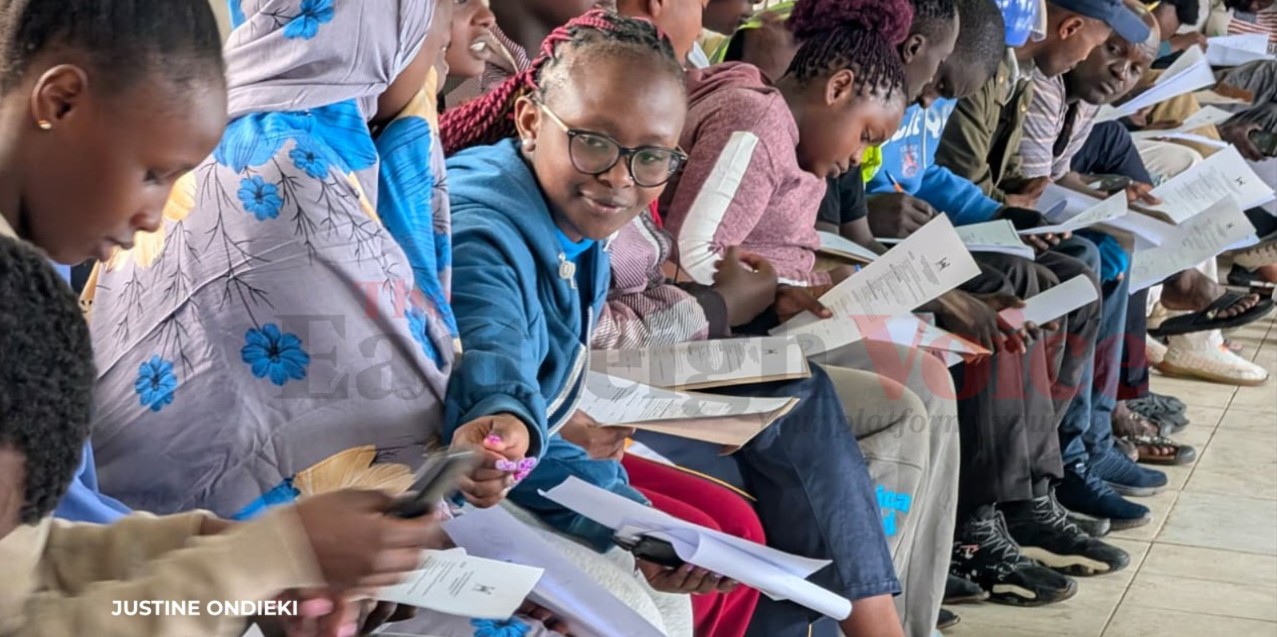Highly climate-dependent IGAD economies face vulnerability, Says PS Ng'eno

The economies and livelihoods of the Intergovernmental Authority on Development (IGAD) region are highly susceptible to climate variability.
The economies and livelihoods of the Intergovernmental Authority on Development (IGAD) region are highly susceptible to climate variability and change, warns the Kenyan Ministry of Environment and Forestry.
Principal Secretary Festus Ng'eno, speaking during his first visit to the IGAD Climate Prediction and Application Centre (ICPAC) in Nairobi, attributed this vulnerability to the region's heavy reliance on rain-fed agriculture, pastoralism, and other ecosystem services.
More To Read
- Djibouti confirms Eritrea’s formal exit from IGAD regional bloc
- IGAD regrets Eritrea’s ‘premature’ withdrawal from regional bloc
- Eritrea withdraws from IGAD for second time, citing ‘failure to meet aspirations of the region’
- Kenya urges stronger regional cooperation as transport corridors fuel disease risks across East Africa
- Kenyan journalists celebrate climate reporting wins at IGAD Media Awards 2025
- IGAD ministers renew regional pact on refugees as Kenya demands fair burden‑sharing
"Kenya's economy, for instance, depends heavily on tourism and rain-fed agriculture, both of which are vulnerable to climate fluctuations and change. Rising temperatures, recurring droughts, and floods lead to severe crop failures and livestock losses, impacting food security," Ng'eno stated.
He emphasized the need for regional collaborative efforts beyond national climate pledges under the Paris Agreement. These pledges detail individual countries' contributions towards the global goals of limiting temperature rise to 1.5°C, adapting to climate impacts, and securing sufficient financial support for these efforts.
Despite contributing minimally to global greenhouse gas emissions, Kenya remains committed to mitigating climate change impacts through its Nationally Determined Contribution (NDC). This plan aims to achieve a 30 per cent reduction in GHG emissions by 2030, compared to a business-as-usual scenario, primarily through domestic resource mobilization.
Ng'eno commended ICPAC for its support in developing Kenya's National Framework for Climate Services (NFCS), due for launch soon. He urged ICPAC, as the World Meteorological Organization's regional climate center for Eastern Africa, to collaborate closely with the Kenya Meteorological Department in implementing the Early Warning for All Initiative, enhancing climate resilience across the region.
ICPAC Director Guleid Artan expressed gratitude to the Kenyan government for hosting and supporting the center since its establishment as the Drought Monitoring Centre (DMC) in 1989. Dr. David Gikungu, Director of the Kenya Meteorological Department, and other officials were also present at the meeting.
Top Stories Today













































